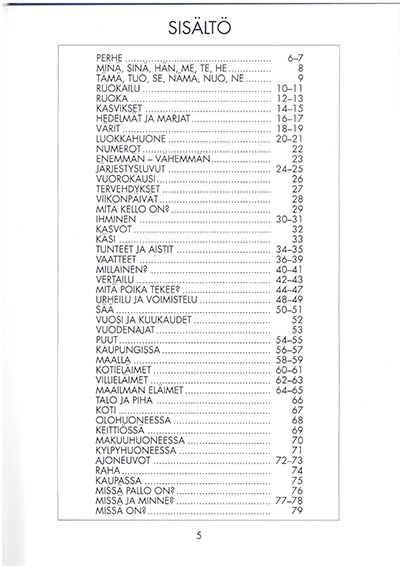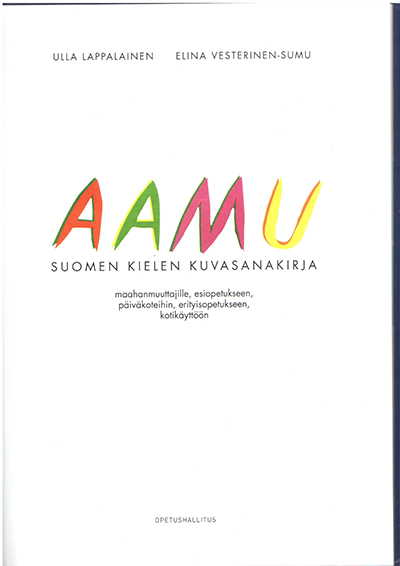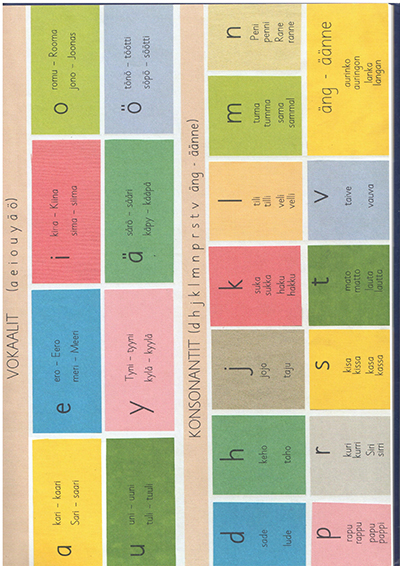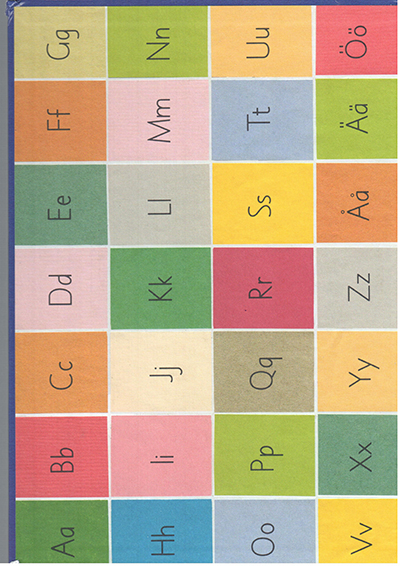| Sorted by date | |||
page038from Building Ideasconsciousness and freedom of the will, the human body when acting purely by instinct could also be viewed in this mechanistic way:
When a man in falling thrusts out his hand … he does that without his reason counseling him so to act, but merely because the sight of the impending fall penetrating to his brain drives the animal spirits into the nerves in the manner necessary for this motion … and as though it were the working of a machine.18 This ”machine” model of the body was extended to the universe which Descartes concluded could be reduced even further. His principle of mechanism proposed that all phenomena could be explained as the motion of “geometrical matter", where matter, according to his definition is: “susceptible of every sort of division, shape and motion”.19 Descartes held back from publishing his work on astronomy, following Galileo’s trial by the church inquisition, and it would take another hundred years or more before the full implications of “Cartesian duality” would be made clear for the body in the most obvious terms. In 1745 and 1748 two books appeared in France that addressed this particular issue. The first, Man the Machine, and the second, Man the Plant, were written by Julian Offray de La Mettrie, although early editions were anonymously published for fear of provoking a hostile reaction. The same crossover of ideas that happened in England between the new rigour in science and the growing profession of architecture also took off from Descartes’ philosophy in France, through the equivalent of the Royal Society. The French Academy was founded in 1635 and in 1666 it had spawned an Academy of Science. Claude Perrault, who was one of the latter’s founder members, was a physician and comparative anatomist by training, although he also, like Robert Hooke, practiced architecture as well and built the east façade of the Louvre in Praris, 18 René Descartes, The Philosophical Works of Descartes, translated by Elizabeth S. Haldane and G. R. T. Ross, Cambridge University Press, Cambridge, 1967, v2, p104 19 René Descartes, quoted in Anthony Kenny, Descartes: A study of his Philosophy Thoemmes Press, Bristol, 1997, p 203.
|
|||
|
|
|||
|
|
 ... ...
... ... ... ...
... ... ... ...
... ... ... ...
... ... ... ...
... ... ... ...
... ... ... ...
... ... ... ...
... ... ... ...
... ... ... ...
... ... ... ...
... ... ... ...
... ... ... ...
... ... ... ...
... ... ... ...
... ...